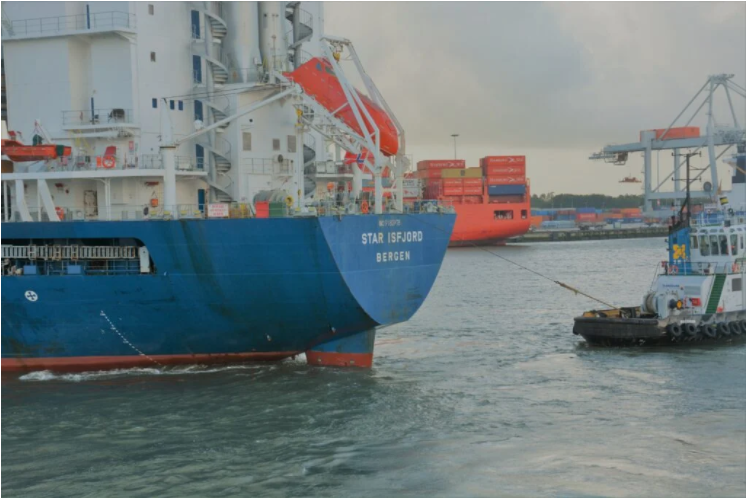The consortium project comes out of a collaboration between the port authorities of Rotterdam, DeltaPort (Germany), Haropa Port (France) and Sines (Portugal), in partnership with 10 research institutes and over 30 companies in the Netherlands, Germany, France, Portugal, Denmark and Sweden.
Specifically, the EU grant will be used to execute 10 pilot and demonstration projects that focus on sustainable and smart logistics in port operations.
In the years ahead, the transport sector is expected to transition to clean power. At this moment it is not clear yet which types it will be adopting exactly, and for which modes of transport.
This budget was made available within the Horizon 2020 green deal programme for research into opportunities to increase the sustainability of logistics operations in sea ports and airports.
The European Green Deal is the European Commission’s blueprint and roadmap to make Europe the first climate-neutral continent by 2050, with a sustainable economy that leaves no one behind.
MAGPIE research project
The project, which has been given the acronym MAGPIE (sMArt Green Ports as Integrated Efficient multimodal hubs), will run for five years.
The project’s focus was on aspects in the use of new fuels and energy carriers that have not yet been tested in practice.
This includes production, transport, storage, distribution (fuels) and charging (electric power).
A number of renewable fuels and energy carriers, including green hydrogen, large electric batteries, ammonia and bio-LNG, are currently being developed further, some of them being more suited to shipping, another to applications within the port or transport to destinations in the hinterland.
Examples include the operation of an electric battery-powered locomotive that uses power from an overhead line for both motive power and for recharging its battery, allowing it to work in areas that lack an overhead line – marshalling yards, for instance.
Other examples include bunkering ammonia as a transport fuel, or electrical power from shore for ships moored offshore to a mooring buoy, as was mentioned in the statement.
The consortium partners will design and implement several digitalisation and automation solutions, exploring how to encourage companies to raise the sustainability of their logistics processes.
Further on, it involves the development of a master plan on how to achieve carbon-free transport by 2050 and what needs to be done in this context before 2030 and 2040.
Source: http://worldmaritimenews.com


